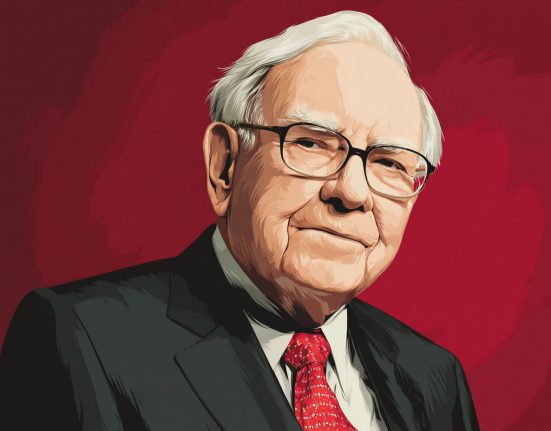With the future of Social Security feeling uncertain and the cost of living on the rise, many Americans are worried that they will live longer than their savings.
“Running out of money is a real risk, and for most retirees, it doesn’t happen because of bad investments,” said Melissa Caro, certified financial planner (CFP) and founder of My Retirement Network. “It happens because of bad timing, inflexible spending, or poor planning around income streams.”
Whether you’re already retired or looking toward the future, here are five strategies you can use to ensure you don’t outlive your savings in retirement.
Spend Time Planning
Planning is one of the most important steps to make sure you don’t run out of money in retirement. Don’t just pick an age you want to stop working and assume that things will work out.
“Make sure you have enough saved before you decide to retire,” said Michael Espinosa, CFP, of TrueNorth Retire. If you’re unsure how much you’ll need or what your savings will equal in annual spending, talk with a financial advisor.
“I like to use retirement planner calculations based on each individual’s desired spending amount to ensure that they are saving and investing enough for retirement,” said Espinosa.
Think About Time Horizon
The economy is going to fluctuate during your retirement and withdrawing from retirement accounts during market downturns can significantly reduce the value of your savings.
Caro recommends having your money in different accounts during retirement based on how soon you will need it.
“Keep five years of income needs in safer assets like cash, CDs, or short-term bonds so a market drop doesn’t force withdrawals from stocks at the worst time,” she said. Then, the bulk of your savings can stay invested to allow it to keep growing when the market turns around.
Track Your Expenses
It can be easy to assume you have plenty to spend in retirement if you spent years saving. But if you aren’t tracking your expenses, you might run through your savings before you realize it.
“The number one mistake is that people end up guessing their retirement spending without actually tracking it,” says Espinosa. “Most people underestimate their true spending numbers, and this can lead to depleting their portfolio earlier than anticipated.”
Caro agrees, saying, “The biggest mistake is assuming spending will drop just because you’ve retired. It rarely does.” Many retirees want to travel or take up hobbies, and as you age, your home or healthcare costs are likely to increase. Plus, Caro adds, “old spending habits don’t disappear just because the paycheck does.”
Keep Spending Dynamic
Another mistake to avoid? Assuming your spending can stay the same each year.
“Retirement spending should be dynamic, meaning higher in good markets, leaner in down years,” said Caro. “The retirees who stay solvent are the ones willing to adapt when conditions change.”
In addition to tracking your spending, track the market. Pay attention to how far your dollar stretches. Save big expenses, like travel, for times when the market is up, and avoid debt so you can adjust your daily expenses more easily when prices rise.
Be Thoughtful About Social Security
Many Americans are worried about the future of Social Security, but both Caro and Espinosa advise against worrying too much. “I’d say worry is understandable, but panic is misplaced,” said Caro.
Espinosa notes that even if the Social Security trust fund is depleted, retirees will still receive most of their expected benefits. Currently, the Social Security trust fund that covers retirement benefits is on track to be depleted by 2033, but the money paid into it by workers will be enough to cover 77% of scheduled benefits after that.
“The system may adjust through smaller cost-of-living increases, higher taxes, or later eligibility, but benefits aren’t vanishing,” said Caro.
For younger investors, experts suggest planning retirement without counting on Social Security to create more flexibility.
“Instead of guessing at policy changes, focus on what you can control: how early you claim, how long you work, and how much private savings you build to complement your benefits,” said Caro.







